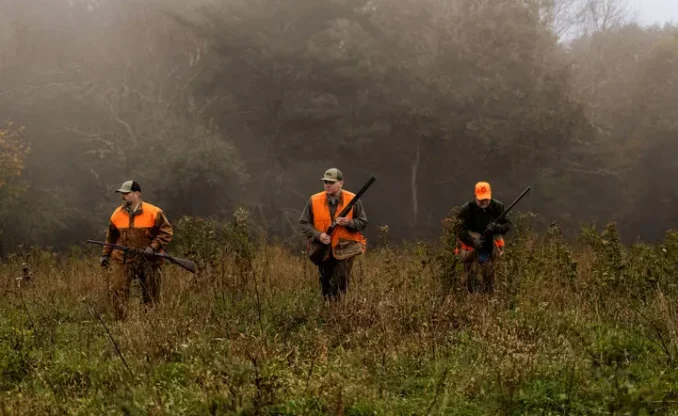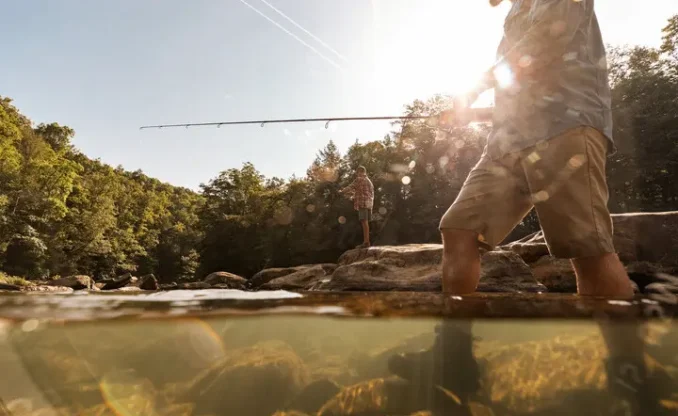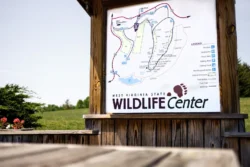The word poaching typically evokes imagery of illegally killing endangered animals for their valuable byproducts. Examples of illegal poaching activities include but are not limited to shooting a trophy buck from a vehicle and eradicating wild ginseng from a forest are also types of poaching.
Unfortunately, poaching continues to be a problem for many reasons. For some people, hunting is a big part of their identity, making it important for them to be perceived as great hunters. Social media plays a large part in our lives, and some individuals crave acceptance in the form of likes, shares, or comments from peers. This often motivates people to make bad decisions. A trophy buck harvested seems to be the perfect “selfie moment” in or out of season.
Oftentimes, these poachers get more attention than poachers who harvest the more “exotic” animals within our state. Fueled by a flourishing black market, interconnected by the internet, poachers can ransack entire ecosystems to make money. Profits are so high, in fact, that Florida reptile dealer Michael Ellard traveled to West Virginia on three occasions and illegally captured at least 140 wood turtles to sell. He was subsequently charged for criminal activity under the Lacey Act.
How do we mitigate our poaching problem? We should all do our part to help conserve our state’s natural resources. If you witness illegal activity, report it to your local natural resources police officer at (844) 484-7367 or on facebook.com/DNRpolice and cooperate throughout the investigation. Dwindling wildlife habitats due to human development and encroachment on ecosystems make the enforcement of wildlife laws ever more important. In the words of Teddy Roosevelt, “There can be no greater issue than that of conservation in this country.”



